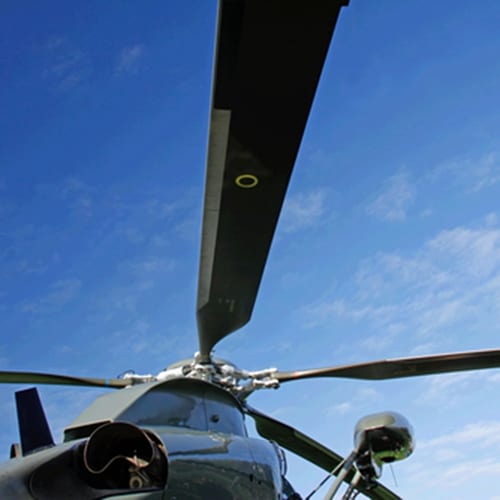Dangerous offshore activity puts workers at potential risk during regular work hours, leaving employers with liability concerns. A 2013 report from the Centers for Disease Control and Prevention (CDC) assessed the rate of deaths between 2003 and 2010 tied to offshore oil and gas operations and found that 128 deaths occurred during this period, or "an average of 16 per year," most of which took place in the Gulf of Mexico.
Of the different types of energy-related activities observed, oil and gas extraction accounted for the most fatalities, with "transportation and material moving" jobs accounting for nearly a quarter of deaths. More than half of these fatal events were caused by transportation-related accidents, often involving some sort of aircraft, such as a helicopter. Other causes of deaths during this time included explosions, exposure to dangerous substances and drowning.
However, recent years have seen some improvements to offshore safety, according to Randall Luthi, President of the National Ocean Industries Association. In a piece for Maritime Global News, he said that new regulations have emerged to control the danger involved with offshore work, including new Safety and Environmental Management Systems.
"More regulation does not necessarily guarantee a safer environment, but particularly in past few years we have seen the regulators and industry reach out to each other to better understand what is expected and what can be done to improve safety offshore," he said. Later he added that "safety is the first priority offshore, and industry will always strive to continue improving."
When selecting oilfield insurance, managers should remember the risks involved and choose a comprehensive package that reduces potential losses in case an accident happens. As previously mentioned, operations on offshore sites can be complicated and involve many dangerous elements, from vehicles to inclement weather.

